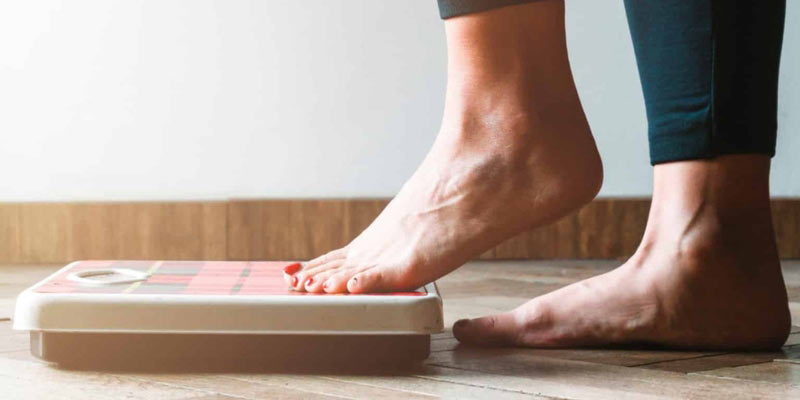Managing Acne-Prone Skin: Causes and Care Tips
Nov 22, 2023 By Nancy Miller
Dermatological issues like acne may influence both appearance and mental health. Acne-prone skin is unique in its problems. The formation of blackheads, whiteheads, papules, pustules, nodules, and cysts is more likely in acne-prone skin. One must examine acne-prone skin's physiological origins, triggers, and effects.
This thorough guide explores acne-prone skin's origins, triggers, and effective skincare. Acne arises from genetics, hormones, environment, and lifestyle. Management of acne requires a personalized skincare strategy to identify breakout factors. Well-crafted skincare routines, food and lifestyle considerations, expert treatments, and scar prevention may help acne-prone skin. Clearing up acne myths helps people make educated skincare choices. This comprehensive handbook empowers people to face acne-prone skin with confidence, promoting a healthier and brighter complexion.

Understanding Acne-Prone Skin:
On acne-prone skin, blackheads, whiteheads, papules, pustules, nodules, and cysts may appear. Acne begins when sebaceous glands produce too much sebum, blocking hair follicles. Blockages attract P. acnes bacteria, worsening hair follicle irritation. Understanding sebum production, bacterial presence, and inflammation allows for personalised skincare regimens and tailored acne treatments. Acne types must be distinguished for optimal therapy. Papules and pustules are unpleasant, but blackheads and whiteheads are unsightly. With deeper, more painful nodules and cysts, severity increases. Management of skin issues is more effective when tailored to the kind of acne.
Research into acne-prone skin's physiological causes is yielding new skincare remedies. To control acne-prone skin, you must understand skincare products and methods. A preventative approach to acne may be taken by making knowledgeable skincare regimen choices. Beyond visual imperfections, acne affects mental health. Extreme acne may lower self-esteem and increase anxiety. Managing acne requires a comprehensive strategy that addresses both dermatological and psychological factors. Acne is diagnosed and treated by dermatologists and skincare specialists, who also help patients cope emotionally.
Acne control requires a continuous and appropriate skincare programme. Gentle washing, moisturization, and non-comedogenic products are required. As recommended by doctors, adding topical retinoids or benzoyl peroxide may boost skincare effectiveness. A proactive and knowledgeable approach may help acne-prone skin clean up and promote well-being.
Causes of Acne-Prone Skin:
Genetic, hormonal, environmental, and behavioral factors cause acne. Acne risk rises with a family history of acne. Air pollution and humidity may worsen acne.
Lifestyle decisions, including nutrition and skincare, cause acne. High-sugar and dairy diets increase acne risk. Acne may worsen with comedogenic (pore-clogging) skincare. Understanding these factors for a more holistic approach to acne-prone skin treatment helps people make educated daily decisions, from skincare product selection to lifestyle changes.
Identifying Triggers for Acne Breakouts:
For acne-prone skin, specific causes might worsen outbreaks. Hormones, particularly during menstruation and stress, may increase sebum production. Acne may also result from comedogenic skincare and cosmetics. Outdoor variables like humidity and air pollution may increase acne problems.
Personal triggers are essential to controlling acne-prone skin. A skincare diary may assist in identifying triggers by tracking product use, lifestyle variables, and acne trends. Once recognized, people may avoid or reduce triggers to maintain their skin. Proactive skin care helps acne-prone skin sufferers manage their condition and reduce aggravating factors.
Skincare Routine for Acne-Prone Skin:
Skincare for acne-prone skin should include gentle washing, non-comedogenic products, and specific acne treatments. Cleaning gently removes oil and pollutants without drying out the skin. Choosing non-comedogenic skincare and cosmetics prevents acne. In acne-targeted products, salicylic acid and benzoyl peroxide may treat particular acne issues.
Skincare should also involve sun protection and hydration. Sunscreen protects skin from UV radiation, while non-comedogenic moisturizers hydrate without worsening acne. Consistency is crucial in acne-prone skin hygiene regimens, and people may need to try multiple products to find the best fit. A personalized skincare program may help acne-prone skin and create a healthier complexion.
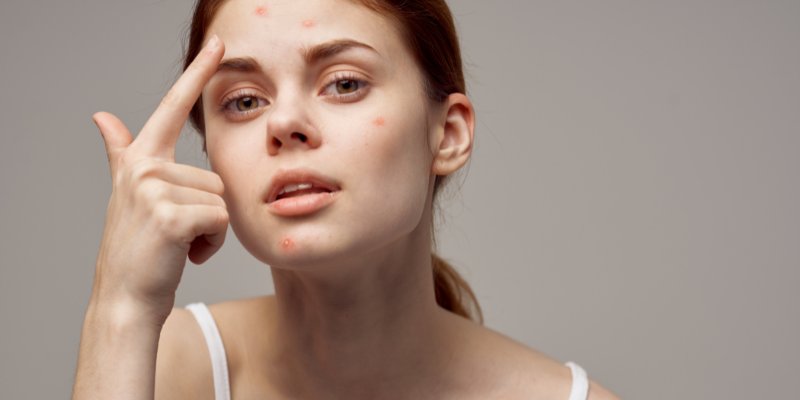
Diet and Lifestyle Considerations:
Complete skincare must include nutrition and lifestyle effects on acne-prone skin. High sugary and dairy consumption has been linked to acne severity. Hydration is vital for skin hydration and detoxification. Aside from nutrition, lifestyle variables, including sleep and stress management, help treat acne. Stress and lack of sleep may worsen hormonal imbalances and cause acne.
Getting enough water and eating antioxidant-rich foods may help clean up skin. Meditation and exercise may also improve hormonal balance and skin health. Acne-prone skin may improve health by incorporating these food and lifestyle changes into everyday routines.
Professional Treatments for Acne-Prone Skin:
For more advanced acne treatments, expert treatments are essential. Skin treatments may include topical retinoids or antibiotics. Microdermabrasion, laser treatment, and chemical peels may treat acne scars and regenerate skin. Individualized acne treatments are available with these procedures.
A dermatologist can tailor therapy to acne severity and features. With professional assistance, people get the right treatments for their skin issues. Expert treatments are more intense yet effective for speedy and noticeable acne-prone skin improvements.
Preventive Measures for Acne Scarring:
Minimizing acne scars is essential. Picking or squeezing acne spots may aggravate inflammation and scarring. The use of gentle skincare products and non-comedogenic products helps prevent post-inflammatory hyperpigmentation. Early management and persistent skincare regimens prevent severe acne lesions that may scar. Acne scarring sufferers need expert scar prevention guidance. For scar reduction, laser treatment or microneedling may be indicated. Prevention and early acne treatment may decrease scarring and improve skin.
Conclusion:
Thus, treating acne-prone skin requires addressing physiological variables, identifying triggers, and using customized skincare regimens. Managing acne requires understanding its origins, using good skincare, and addressing nutrition and lifestyle. Preventive approaches reduce acne scarring, whereas professional treatments provide more thorough interventions.
Eliminating skincare myths helps acne-prone skin sufferers make informed choices. A balanced skincare strategy helps acne-prone skin remain clean and healthy. These insights may improve skin health and well-being by incorporating them into regular practices.

Motivational Shifts in Recovery: Key Strategies for Long-Term Success
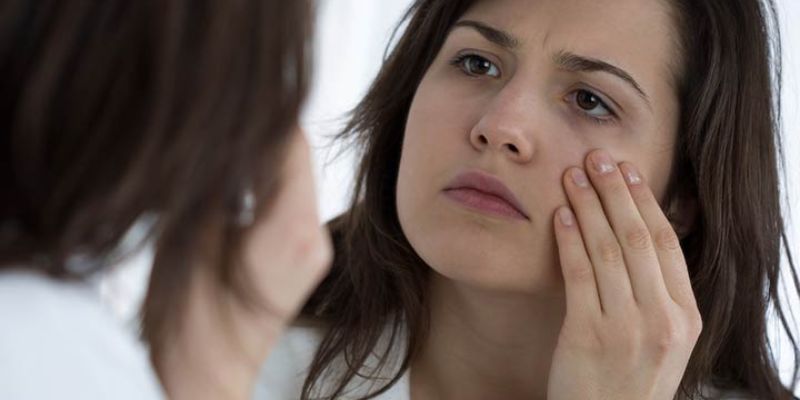
How to Get Rid of Eye Bags Naturally
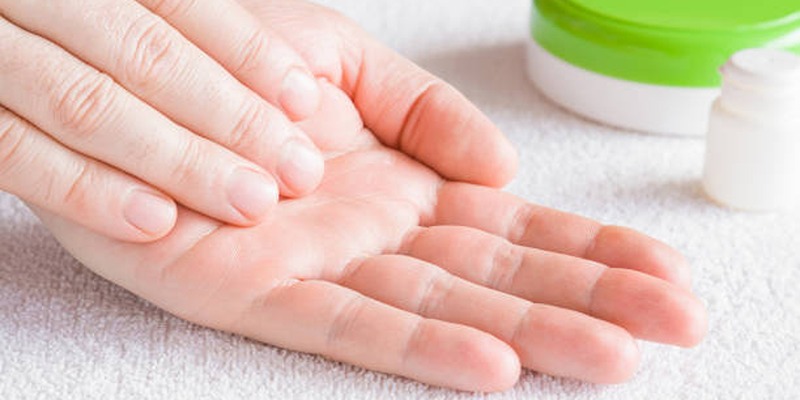
Effective Home Remedies for Ingrown Toenails

Does Coffee Cause Acne? Debunking the Myth
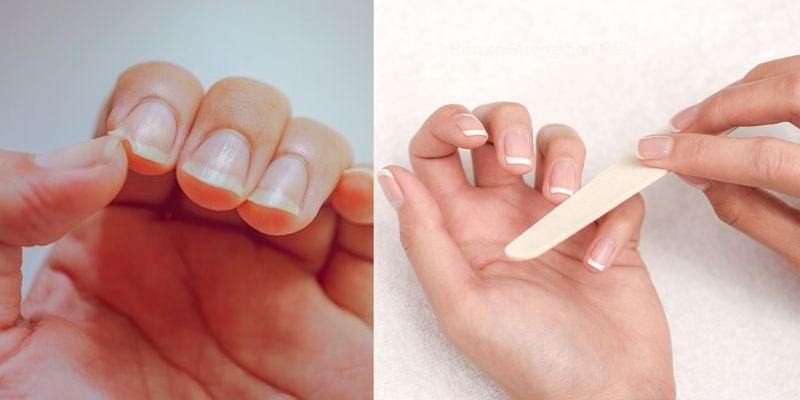
How to Strengthen Nails

6 Common Exercise Mistakes to Avoid With Your Partner

Mastering Steady State Exercise at Home
